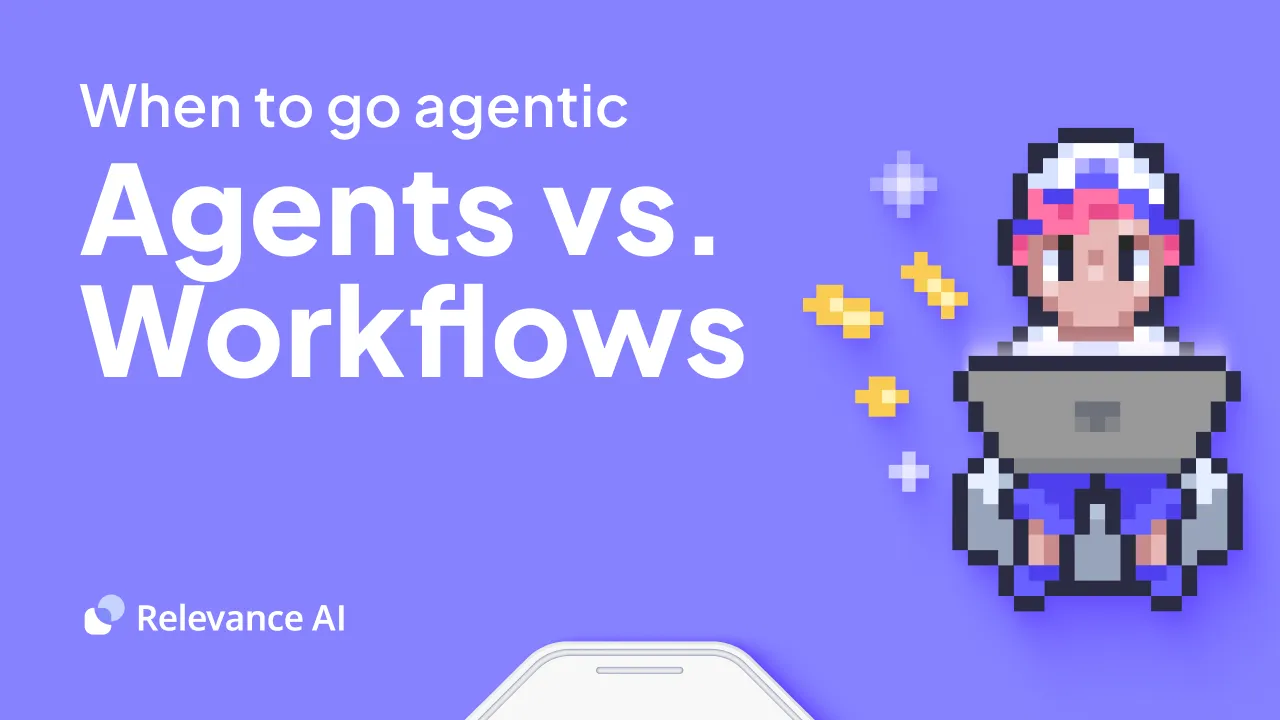Can AI Really Write Your Emails? Understanding the Promise and Limitations of AI Email Writing Tools
Email is an indispensable communication tool for many professionals. However, crafting customized, engaging emails at scale can be extremely time consuming. This is why tools that promise to automate email writing with artificial intelligence (AI) are gaining attention. But can AI really write high-quality, personalized emails that drive results? This article explores the capabilities and restrictions of this emerging technology.
What Are AI Email Writing Tools?
AI email writers are software tools that offer to automatically generate email drafts on your behalf using artificial intelligence. Some examples include Phrasee, PersistIQ, Saleswhale, and Gong.io. Most integrate with email platforms like Gmail or CRM systems.
These tools ingest details about email recipients, existing email threads, and the intent behind the email. Then they produce draft messages using advanced natural language processing. Some also allow the sender to provide additional prompts or customize parts of the message. The promise is faster, higher-volume email outreach with less manual composition effort.
Potential Benefits for Email Marketers and Sales Professionals
For salespeople, marketers, recruiters and other professionals who rely heavily on email outreach, AI writing assistants could provide some attractive perks:
- Save Time: AI tools complete the grunt work of putting thoughts into sentences, allowing senders to focus on high-value personalization and connecting with recipients. This can greatly accelerate email production.
- Increase Volume: By streamlining drafting, AI email composition could enable users to reach more prospects without expanding headcount.
- Improve Consistency: AI helps ensure correct branding, positioning, tone and messaging every time.
- Enhance Personalization: Leveraging data about recipients, AI tools can tailor outreach for relevance. Most also allow some customization.
Where Does the Technology Fall Short?
While AI email features offer benefits, the technology still has definite limitations:
- Lack of True Understanding: Even advanced AI cannot genuinely understand complex concepts or the sender’s intent the way a human can. Messages may miss the mark.
- Impersonal Nature: Automatically generated outreach often lacks the nuance, creativity and emotional resonance needed to build strong connections.
- Need for High Involvement: Achieving quality results still requires heavy human editing, reworking, personalization and oversight. The tech rarely produces email ready to send as-is.
- Limited Customization: Although some personalization based on data inputs is possible, current AI tools have restricted ability to tailor messaging to individual recipients.
What Does This Mean for Email Professionals?
The bottom line is AI shows promise in accelerating the email process, but still requires a human touch:
AI email writers serve best as drafting assistants rather than as fully autonomous email creators. Think of them as a helpful first draft rather than as a complete solution. Plan to be highly involved reviewing, revising, customizing and quality checking any messages the tools produce.
Look for AI writing tools with robust personalization and customization functionality to get output better tailored to your needs. Partner the AI tool with a CRM platform to maximize custom data inputs.
Understand that achieving email excellence still requires human creativity, emotional intelligence and personal connection. Even the best AI tools simply cannot replicate this at the moment.
The Future Looks Bright
As natural language AI continues advancing, capabilities of AI email creator tools will keep expanding. Already AI shows potential to make email professionals far more productive. Yet achieving truly standout, results-driving messages requires an artful human component unlikely to ever be fully automated. By understanding the promise and limitations of AI email writing technology, senders can form realistic expectations and best leverage the tools to enhance their outreach.
Best Practices for Using AI Email Writing Tools Effectively
If you decide to test out an AI email assistant, keep these best practices in mind:
- Clean Your Data First: Since AI tools personalize messages using your customer data, errors or inconsistencies can lead to poor output. Invest time improving data hygiene before deploying an AI email solution.
- Define Success Metrics: Determine what exactly you want to achieve via AI-generated emails. Key metrics could include open/response rates, sales conversations initiated, or customer satisfaction scores. Tracking will reveal if the tech delivers results.
- Start Small: Don't rely on AI email to completely replace your current process right away. Try it for very targeted campaigns first and measure outcomes before expanding use.
- Co-Create an Email Workflow: Don't just plug AI into your existing workflow. Co-create an integrated process centered around both human creativity and AI efficiency.
- Maintain Involvement: Stay hands-on in message creation rather than just sending AI drafts straight to your customers. Personalize, edit and approve all emails.
- Keep Iterating: Treat your first AI email attempts as a starting point. Continually provide feedback to the technology and refine approaches to improve relevance, quality and outcomes over time.
The Future of AI Email Writing
While still an emerging technology, AI-powered email writing tools have strong potential to become a standard element of sales and marketing stacks in the future. As the technology improves, dependence on AI email assistance will likely grow.
It may one day become commonplace for teams to employ a digital assistant that handles initial message generation. Humans can then focus more on building relationships and creativity.
Over time, expect to see AI email capabilities like:
- Integration with calendars to schedule messages automatically
- Independent sending of appropriate follow-up or bulk messages
- Optimization of timing, frequency and contact strategies
- More advanced personalization and segmentation capabilities
- Evaluation of message performance to continually enhance relevance
Eventually AI tools may even analyze response patterns and previous email threads to provide useful prompts for personalization to the human creator.
Key Takeaways: Evaluating AI Email Writing Technology
AI email writers offer some game-changing productivity benefits - but aren't magic. As this technology continues maturing, how can you make the most of what AI currently brings to the table? Here are key evaluation criteria:
- Level of personalization possible based on connected data
- Degree of user control and customization
- Accuracy in translating intent into messaging
- Workflow integration and ease of adoption
- Results achieved over time based on metrics
While AI email has restrictions, its capabilities are impressive and improving rapidly. This technology is undoubtedly ready to become a staple that empowers email marketers and sales teams. An ideal scenario is AI and human working side-by-side - combining productivity with personal touch for email excellence.
Generate Personalized Emails with Relevance AI
This tutorial shows how you can use Relevance AI to generate personalized emails. A good baseline to then customize to your own needs. Signup for free and use the template.















